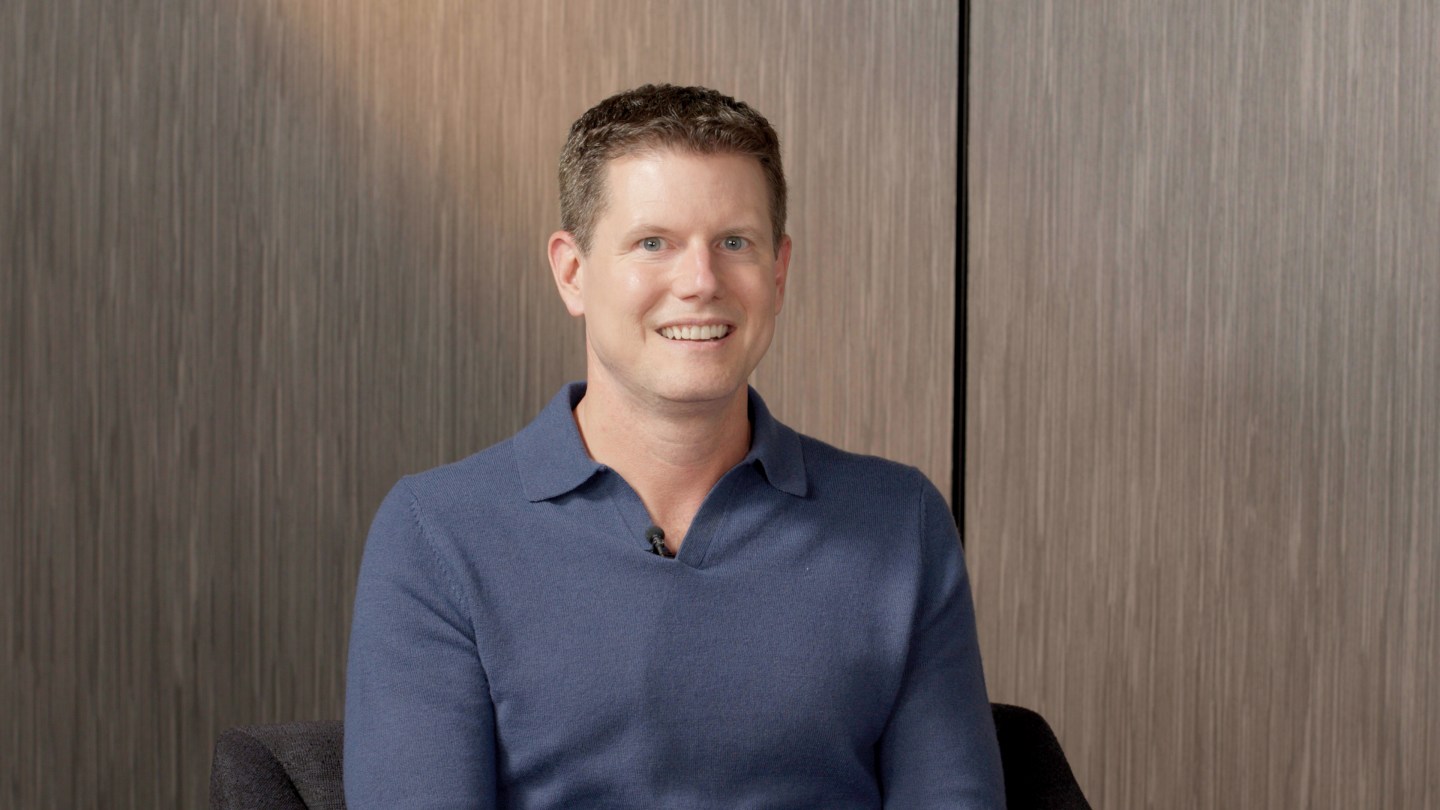In 2022, John Mackey, Whole Foods’ cofounder and CEO of 44 years, was stepping down to be replaced by the grocer’s COO, Jason Buechel.
It was an exciting moment for Buechel but also a tenuous one. Despite a nine-year C-suite residence at the Austin-based Whole Foods, during which he ascended from CIO to CEO, Buechel was filling the big shoes of a colorful, brash, and enigmatic founder-CEO with many loyalists (and some newfound skeptics) in the organization.
Buechel’s first point of order was to go on a speaking tour across Whole Foods stores, as he says, to assess what employees wanted from a leader five years after Amazon’s $13.7 billion acquisition of the largely organic and natural foods merchant. Those conversations proved fruitful, with workers stating that they wanted more transparency around the company’s strategy following its cofounder’s departure.
That vision includes creating “delightful” in-store experiences for customers with a wide range of natural and organic merchandise, investing in employee development and improving their culinary expertise, and collaborating with Amazon to make Whole Foods’ digital experience an extension of the physical store.
To settle on this new plan of action, Buechel enlisted his direct reports. “This was something we co-created together as an executive team and co-created with the rest of our organization,” he said.
Buechel invited his executives and more senior members to some 90 Whole Foods locations. The effort was aimed at connecting executives with rank-and-file employees and helping them ascertain their challenges and understand worker frustrations. For Buechel, it was also an opportunity to earn approval from his direct reports.
“Every single one of our executive team members was part of that process. And so not only did they help create this vision, but they had the responsibility of helping bring it to our stores,” he told Fortune. “It doesn’t matter if you’re leading operations, or real estate store design and construction, or legal…Your responsibility as a leader in the company is helping support sharing our vision and our strategy with our team members.”
The approach instilled a sense of shared accountability for the company’s success, said Buechel. “My team would say, ‘This is part of our responsibility. We helped co-create it; this isn’t Jason’s.’”
Although Buechel asserts he’s ultimately the company’s decision-maker, he says mutual respect between frontline employees and executives, as well as a shared mission for nourishing people and doing right by the company’s stakeholders, makes his job easier.
As for what launched him to the corner office, Buechel attributes his ascent to CEO to several factors, including an expansive and cross-collaborative approach.
“It was the ability to not just think about one sort of function, but think about the inner workings, the broader system of how things come together, and a passion for wanting to raise the bar, especially in serving customers the very best way possible,” he said. “I’m a systems thinker. By nature, I’m a problem solver, and I’m somebody who [loves] working with people, and I love bringing people together to deliver amazing outcomes.”
Ruth Umoh
ruth.umoh@fortune.com
Leadership lessons
More lessons from my interview with Buechel below. His comments have been edited and condensed for clarity.
On management: I'm somebody who really likes to be collaborative, interacting with people. I'm someone who would probably be called a servant leader.
On CEO learnings: How folks react to whatever you say or do is amplified to a large degree…I'm curious, and sometimes I'll ask, ‘Oh, why is this product merchandise this way? Or do we think about X, Y, or Z?’ And sometimes people will immediately jump into, ‘Jason doesn't like this, or we need to change this, or we need to go try this.’
On C-suite hires: I like folks who are problem solvers, like to debate, and are raising the bar, so as we're making decisions, they look at it in a panoramic view, not just sort of stay in their lane and focus only in their space.
Consulting corner
A board’s ideal CEO prospect is someone internal who deeply understands the organization but has the objectivity of an external candidate, says Ty Wiggins, a leadership transition and executive onboarding consultant at Russell Reynolds Associates and author of The New CEO. Strong CEO candidates aren’t married to their own decisions, nor do they resist making changes because they’re conflict averse or because “that’s the way things have always been done,” he says.
They’re also enterprise thinkers who go beyond their job description—are you just a finance head, or are you a finance head who deeply understands how the organization works? “They have an aptitude to learn and develop because [becoming CEO] is absolutely the start of a new race,” says Wiggins. “You don’t get to be CEO anymore because you’ve proven yourself and done everything that can be done. Not at all.”
Today’s CEOs, he says, are hired based on the likelihood that the company and board will be able to realize their potential and develop them as the type of leader the organization needs.

News to know
The workday of Bernard Arnault, LVMH CEO, runs from 8 a.m. to 8:30 p.m. He's a fan of bullet-point emails, begins meetings punctually, and abhors complacency. Bloomberg
Asian American women rarely make it to the C-suite. Here's how three got there at OpenTable. Inc.
Virgin Atlantic's CEO is sticking to his guns. He says he received complaints about the airline's tattoo policy—and he doesn't care. Fortune
Careers are increasingly dependent on coming across well in video conferences. Avoid these pitfalls to make a good first virtual impression. WSJ












